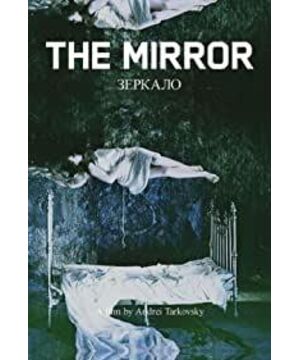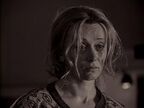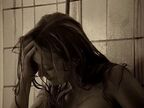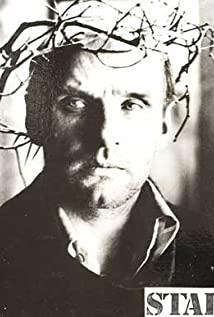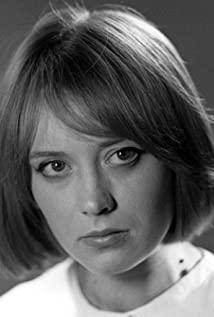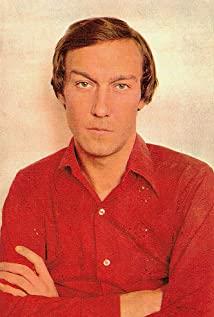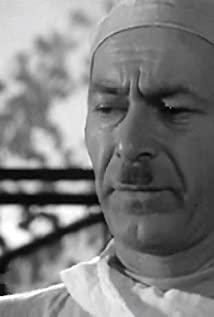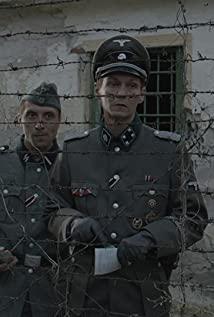The film begins with a black-and-white image of a female doctor treating a stuttering young man. Then back to the world of color, the melancholy mother smoking a cigarette and sitting on the fence outside the house, with green mountains and lawns in front of her, a lost male doctor talking to her mother. The camera followed the narration of the verse, and swept to the erotic mother and young son in the dark room. The grass hut outside the house was on fire, and the red fire was particularly dazzling in the green surround. In the black-and-white image, the mother washes her hair in the basin, and then gets up, the long hair covering her face like a chastity child. At this time, the mottled walls and ceiling of the damp and leaky room fell, and the debris fell on the mother. The camera scans the room slowly, and the mother looks into the mirror, which shows a smiling old man. In this way, Tarkovsky constructed his own private diary with a series of alternating black and white color images, panning shots, surreal images, and haunting poems. The film does not have a linear story, but is composed of a large number of memories and life fragments, such as the scene of the child receiving tutoring at home, the teacher who suddenly appears and the teacher who suddenly disappears. Such dreamlike and irrational passages are the characteristics and charm of memories. . Boys in military training stubbornly insist that "turning back" is the truth of turning 360 degrees. Young children practice gunshots and grenades in the ice and snow, preparing for a brutal war. A large number of black and white war scenes are overwhelmed. Soldiers wading in the water, mushroom clouds of nuclear bomb explosions, fierce battle scenes, casualties of soldiers, nervous fighter pilots, one by one real pictures show the ferocity of war. Mother and father discuss divorce and child custody. Memories, history, war, childhood, parents, a child with a baby bottle, a mother who exchanged earrings for money, a father in the haystack asking the mother if she wanted a boy or a girl, and finally the elderly mother holding her two young sons in the haystack. Walking in the tranquil nature, the picture gradually darkens and darkens until the end. Tarkovsky used a lot of slow-motion expressions and silent forms to make the whole film more poetic and quiet.
View more about Mirror reviews


